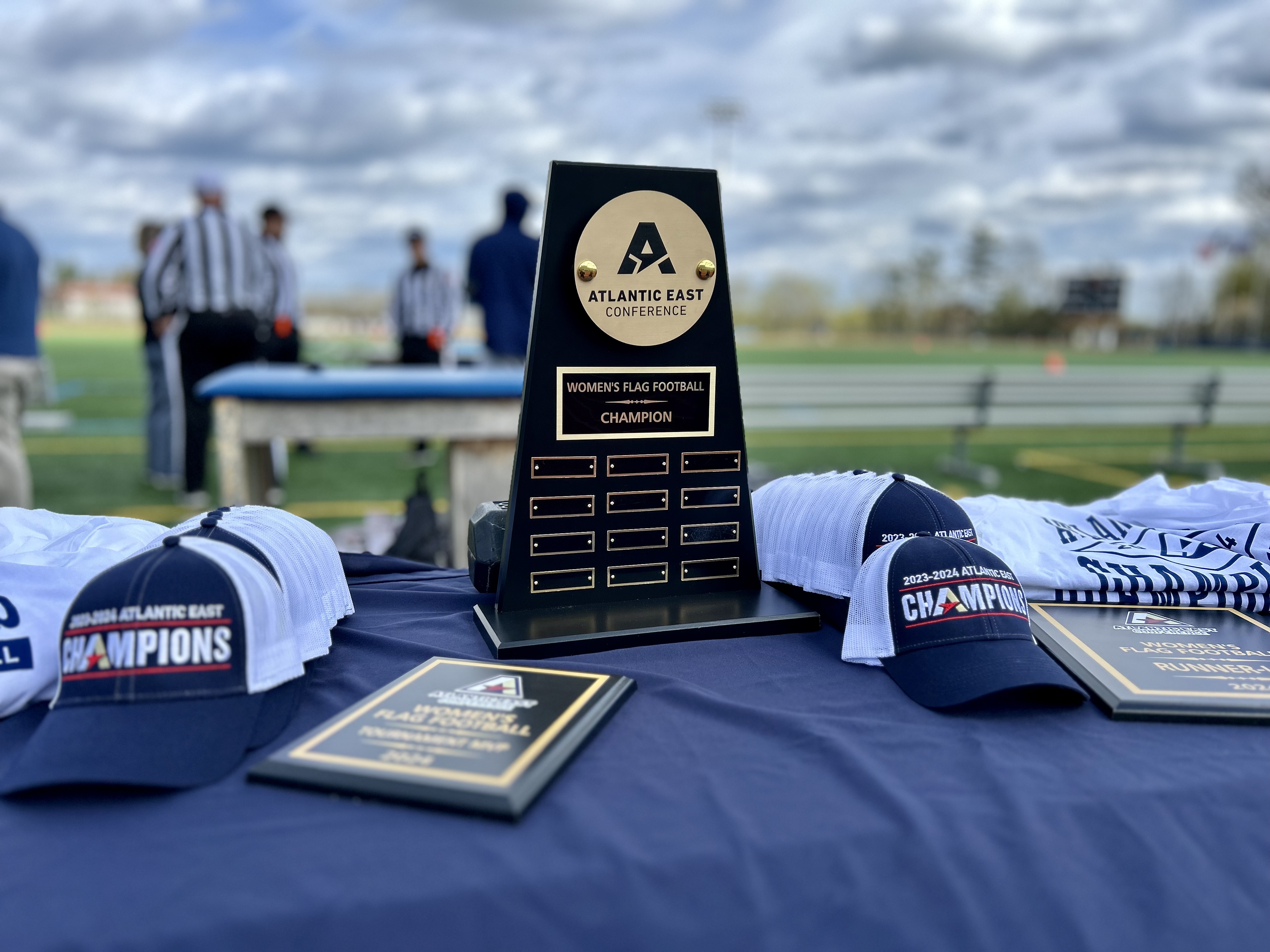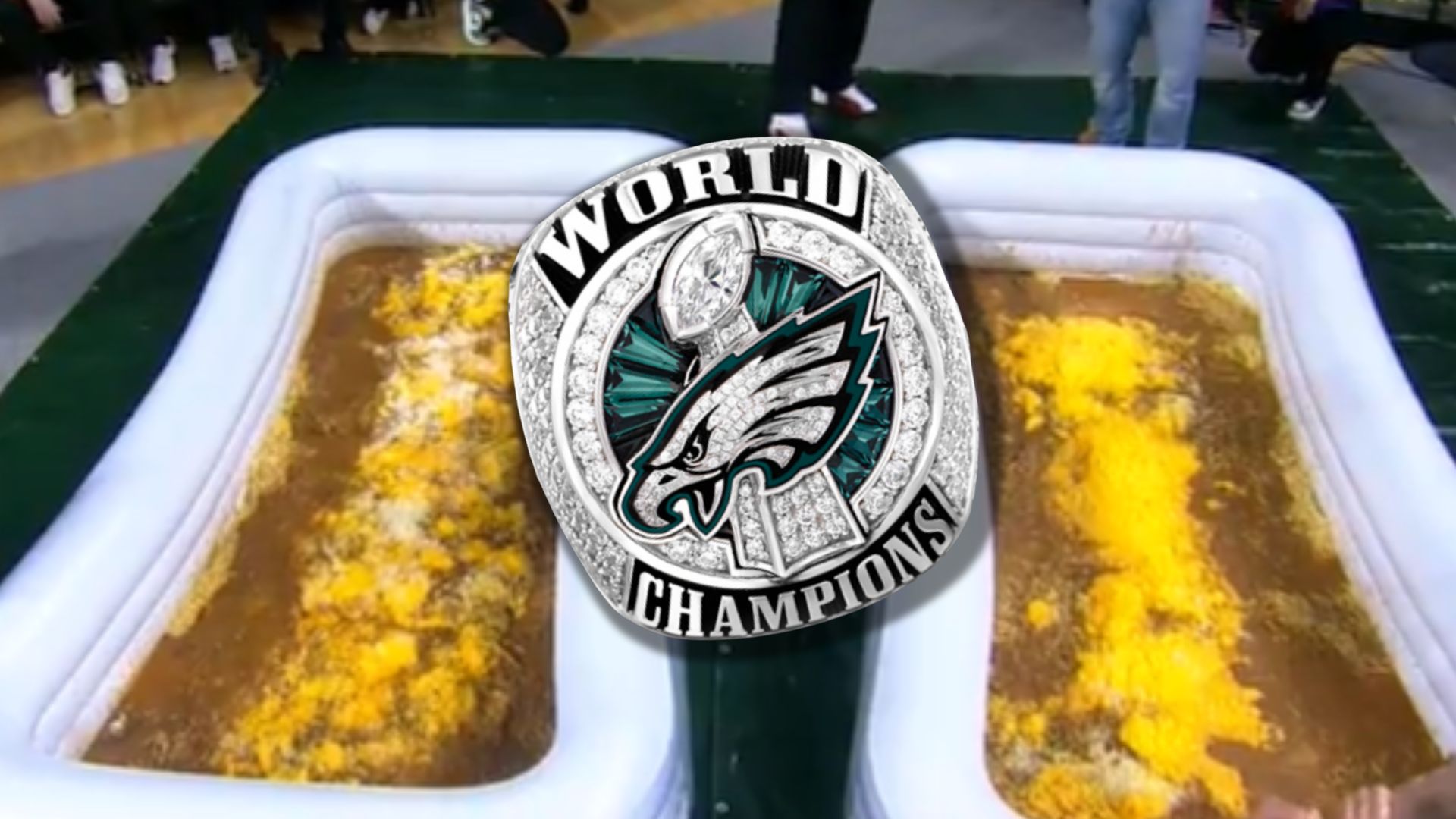And so, the Juan Castillo era ends.
In what was perhaps the most surprising, previously-expected coaching move, Andy Reid ended "the offensive line coach?" experiment. People are looking at this move a lot of different ways, but I want to examine it from Reid's perspective.
Let's go back to the end of 2011. After such a disappointing season, it was obvious to everyone that Castillo was a disaster as defensive coordinator. It was the main stumbling block over which the Eagles staggered to an 8-8 finish. Jeff Lurie said publicly that such results were unacceptable, implicitly placing Reid's job on the line if he couldn't deliver changes.
My impression is that overall, that message never sunk in for Reid. I don't blame him entirely. Fourteen years is a long time to stay in any job, and a certain sense of complacency likely developed. Behind closed doors, considering their friendship, Lurie probably conveyed the ultimatum in the most apologetic and equivocal manner possible. Moreover, the person most likely pushing for a Reid exit, Joe Banner, was instead the one who left.
So while I doubt Reid needed anyone to tell him the problems Castillo had last season, he only half-heartedly tried to replace him. There were rumors about the job being offered to Steve Spagnuolo and others, but Reid could have found someone to replace Castillo if he really felt it was essential. After all, he could have made Castillo's replacement Todd Bowles that replacement in the offseason.
Instead, Reid kept Castillo and tried to fill in around him. He added talented young defenders in the early rounds of the draft, traded for a top-notch middle linebacker, and brought Bowles on as shadow-coordinator. Without feeling the urgency of his job on the line, Reid convinced himself that those moves were adequate. And through the early part of this season, he could find reasons to believe that.
The defense, overall, wasn't the Eagles' biggest problem through five games and three quarters. There were too many turnovers. The offensive line, because of injuries and no depth, was awful. Play-calling was an issue, too. Special teams difficulties exposed Bobby April as not being the genius coach everyone expected.
With five minutes left in Sunday's game, I bet Reid was feeling relatively optimistic. The team was poised to go 4-2 into the Bye, having survived early struggles. The idea that his job is one the line was undoubtedly far from his mind. But things can change quickly in the NFL. My hypothesis is that Reid took that late-game collapse harder than anyone. Suddenly, staring down the barrel of .500 again, 2011's issues didn't look so far away, and finishing 8-8 again and losing his job suddenly loomed large.
You could see this idea play out in Reid's press conference Tuesday, when he said:
Sports
In partnership with NBC Sports Philadelphia
"I thought we were making progress, I saw us making progress. We made progress through the last four games. I kinda liked the direction we were going. I thought we started off pretty good, and then I started seeing some trends come back that I wasn't real happy about. So I just wanted to make sure that we -- I'm not going to go into detail on it, but there were just things that I saw that I didn't want to go in that direction."
Where complacency had reigned, desperation and determination set in. There is no margin of error for Reid this time, and he finally realized that. Firing Castillo doesn't fix every problem the Eagles have -- not even close -- but it was the biggest change Reid could make overnight and it sent a strong message to the rest of the organization, coaches and players alike.
Castillo wasn't a scapegoat, he was a warning shot. The move said, "I'm willing to admit, for the first time, that I made a major mistake in hiring, and then retaining, Juan. That's on me. But everyone else better be on notice. Because if I can fire Juan, I can and will fire you too if you don't perform. I may go down this year, but I certainly am not going to hold anything back."



